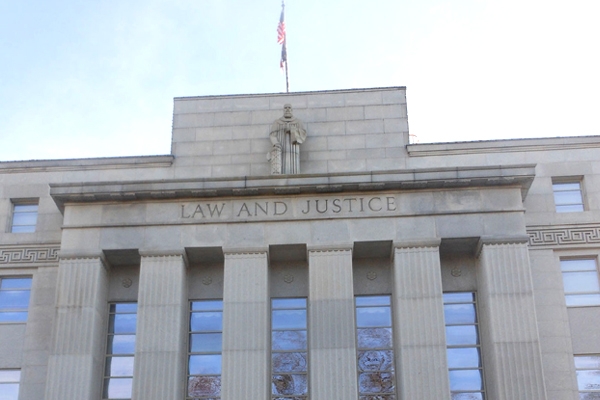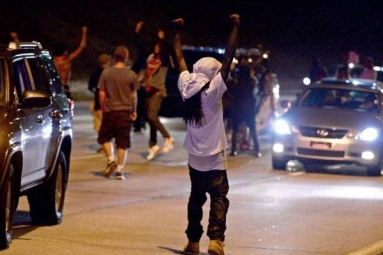
The North Carolina Supreme Court on 10th January blocked a trial court’s ruling, which ordered for special elections in North Carolina. The Supreme Court blocked the ruling because that would have shortened the terms of many lawmakers in the state.
The Supreme Court’s brief order included no other reasoning, and the court said the temporary stay of the lower court’s decision would last only as long as it took the justices to consider an appeal from state officials.
In August 2016, the trial court found that the state legislative map had been tainted by unconstitutional racial gerrymandering. But the court allowed the November 2016 election to proceed, saying that there was no much time to draw new legislative maps for upcoming elections.
In the late November 2016, after the election was completed, the trial court ordered for a special election in 2017, about halfway through what would ordinarily be two-year terms for state legislators. It sets a March 15 2017 deadline for state lawmakers to draw new maps.
An appeal of the August 2016 decision had been already pending before the Supreme Court. North Carolina officials separately asked the justices of the Supreme Court to step in immediately and block the November ruling, which imposed what they called “the most extreme and intrusive remedy possible: partial invalidation of an election and imposition of a special election that overrides multiple provisions of the North Carolina Constitution.”
The state officials asked the Supreme Court to act before the state’s General Assembly convened on 11th of January. They said the alternative way was to force the newly elected legislators to spend their critical first few weeks of their new session drawing remedial maps.
Allowing the special elections to proceed would disrupt lawmakers’ obligations, the officials said.
“The new legislators will be forced to do more campaigning and concentrate less on governing, than they otherwise would have,” the briefing said, “at the expense of the constituents they were elected to represent.”
“Indeed, members with redrawn districts will have every incentive to neglect their current constituents and focus their efforts on voters in neighboring districts whose votes will count in the upcoming elections,” the brief continued.
“And even after the special elections, the problems will recur,” the brief said, “as the newly elected representatives will have only a one-year term and thus will once again have their attention diverted from governing to re-election.”
- AMandeep



















